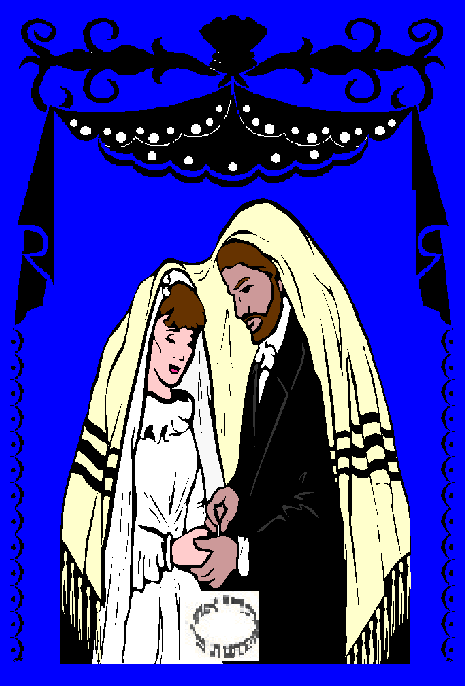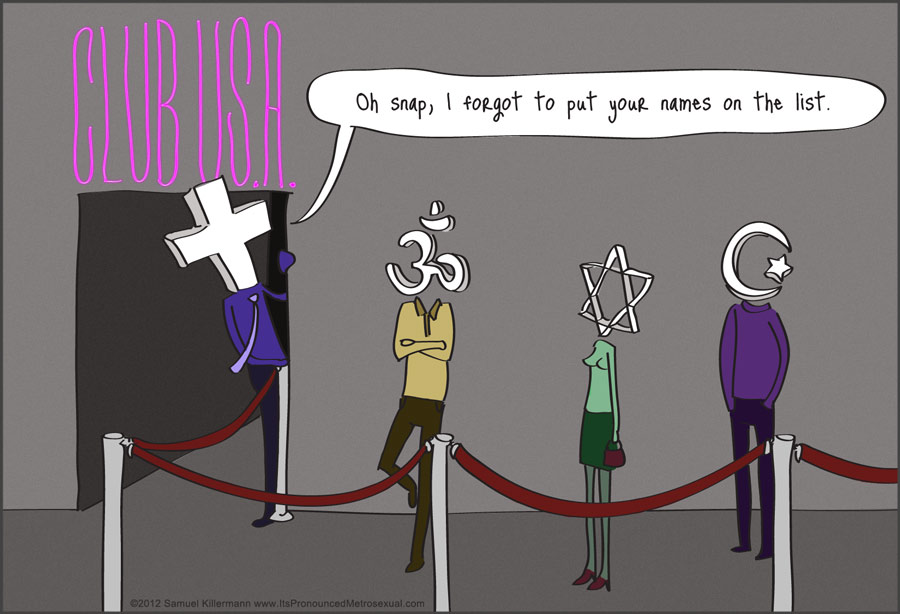There have been many tricky court cases involving the
establishment clause in our nation’s history. Recently in October of this year,
a new situation has been brought to light. Records have shown that in the city
of Cincinnati, there has been a 51 percent increase in homicides from 2012 to
2013. This is disturbing news for many and as a result, community members will participate
in multiple prayer walks involving fourteen different communities in the area.
The prayer walks themselves are not the issue at hand, but the fact that the
Cincinnati Police Department issued a statement, along with several pastors in
the community, inviting all citizens to participate in the prayer walks. In
response to this invitation by the Police Department, the Freedom From Religion
Foundation (FFRF) wrote a letter in which they openly criticize the police
department for their support of the initiative. The FFRF used many strong and
critical statements in their letter such as the phrase, “Public officials
should get off their knees and get to work.”
 The issue, which the FFRF states, is the actions of the CPD
conflicting with the first amendment and the rights of the citizens. The first
amendment prohibits the establishment of a religion and the FFRF holds the view
that the establishment of religion is indeed occurring here. In the FFRF’s
written letter, Andrew L. Seidel states, “It is a fundamental principle of the
Establishment Clause jurisprudence that the government cannot in any way
promote, advance, or otherwise endorse religion.” The statement comes from the
Supreme Court’s commonly held stance that there must be neutrality between
religion and religion, and between religion and non-religion. According to the
FFRF, the CPD’s support of these prayer walks is not only coercive, but offends
and excludes citizens who do not believe prayer to be the proper response to
this situation. The letter asks that the police department responds to the
letter with the changes they are enacting to remedy these constitutional
violations.
The issue, which the FFRF states, is the actions of the CPD
conflicting with the first amendment and the rights of the citizens. The first
amendment prohibits the establishment of a religion and the FFRF holds the view
that the establishment of religion is indeed occurring here. In the FFRF’s
written letter, Andrew L. Seidel states, “It is a fundamental principle of the
Establishment Clause jurisprudence that the government cannot in any way
promote, advance, or otherwise endorse religion.” The statement comes from the
Supreme Court’s commonly held stance that there must be neutrality between
religion and religion, and between religion and non-religion. According to the
FFRF, the CPD’s support of these prayer walks is not only coercive, but offends
and excludes citizens who do not believe prayer to be the proper response to
this situation. The letter asks that the police department responds to the
letter with the changes they are enacting to remedy these constitutional
violations.I believe the FFRF makes valid points and seems persuasive in regards to its interpretation of the first amendment. It correctly cited the Supreme Court’s decision in the Epperson v Arkansas case in which a law that forbade the teaching of evolution in a public school was declared unconstitutional. In the majority opinion the court mentioned the fact that the government must remain neutral in regards to religion. Clearly in the case at hand, the government represented by the CPD, has declared its support of a religious cause by involving itself in the invitation. One might even cite the Lemon test, that has been commonly used in establishment cases, stating that this clearly violates the second part of the test forbidding a promotion of religion over non-religion. The FFRF also incorporates alarming statistics regarding religious areas and non-religious areas. Among the statistics, the FFRF states that the least religious areas of the world have the lowest reported homicide and violence rates. Therefore, people should see this declaration of prayer in order to alleviate violence as a ridiculous and unsupported notion. The FFRF seems convincing, along with the majority of establishment cases that have be ruled in concordance with its opinion, however I am not persuaded.
I see this issue as an opportunity to return the original intentions of the founders of this nation. I’m persuaded by the fact that, despite the very Christian undertones written into the constitution, the fathers were concerned with religious freedom for all. I read the first amendment as an invitation to people of all religious convictions and therefore as a constitutionally proscribed positive relationship between the government and religion. Justice Reed makes a compelling argument while dissenting in McCollum v Board of Education. The case concerns an Illinois law allowing religious groups to come into the public school to teach religion for a half hour during the school day. The court ruled this unconstitutional even though students were not coerced into attending these religious classes. Justice Reed states, “The prohibition of enactments respecting the establishment of religion do not bar every friendly gesture between church and state.” In this case, the CPD is merely a “connector” allowing multiple like-minded groups the ability to come together. It is important to note that the CPD, in the two walks that have been held thus far, have not participated as uniformed police offers in the walks. This shows the CPD’s commitment to its governmental separation from religious support. In addition, in more recent cases involving the first amendment the Supreme Court has chosen to focus on the idea expressed in the first part of the Lemon Test, that a secular purpose must be present. Clearly the focus of the CPD’ invitation is the prevention or curtailment of crime. The CPD’s hope is that these prayer walks may bring the community together, encourage peace, and discourage violence. Furthermore, if we must judge sincerity, we may consider the fact that members of the CPD have not even participated in the prayer walks as governmental officers.
While I do think the FFRF makes valid points, and I think that the Supreme Court would indeed side with the FFRF here, that decision seems wrong to me. I agree with Justice Rehnquist in his opinion that the wall of separation must be put aside. We must destroy the hostility that exists between the government and religion. Were the FFRF to win this case before the Supreme Court I think those religious individuals who live in America should be concerned for their religious freedom. What are your opinions?









.jpg)
